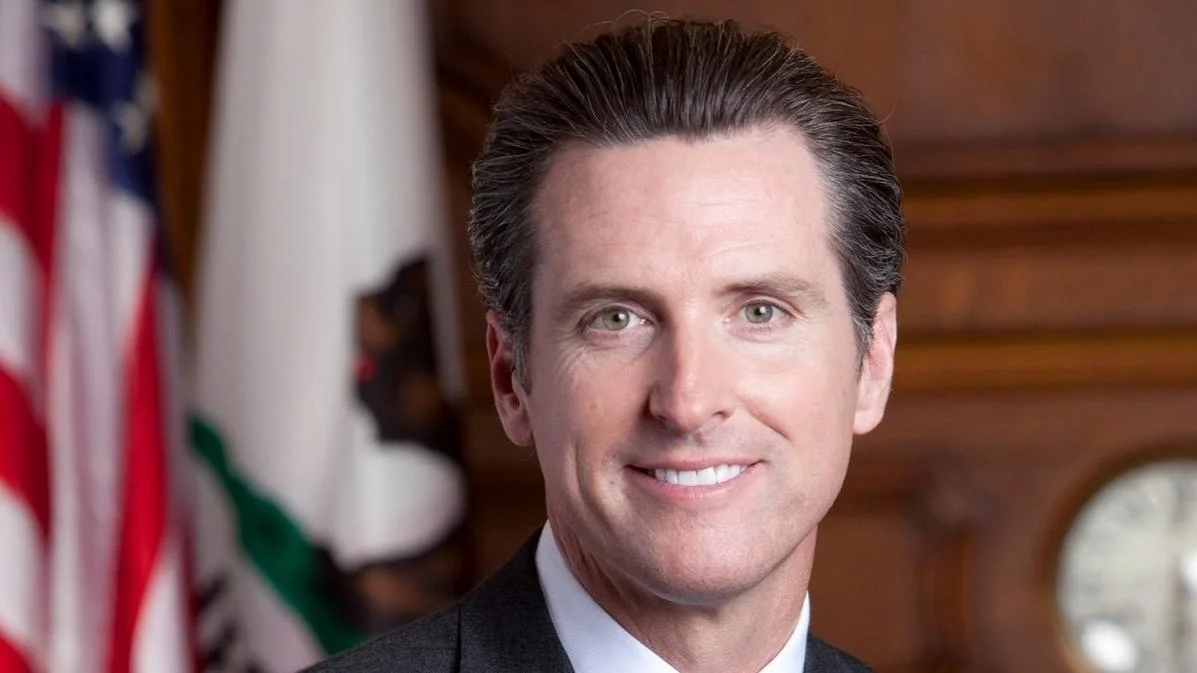
Gavin Newsom, Governor of California | Official website
The California National Guard’s Counterdrug Task Force has returned to full operational strength after a period during which many servicemembers were reassigned to Los Angeles under federal orders. Since resuming its normal operations, the unit helped seize 435 pounds of illicit fentanyl valued at $3.3 million in July, which is an increase of $1 million over the previous month.
Governor Gavin Newsom commented on the return to full capacity: “We are glad to have the Counterdrug Task Force operating back at full capacity. The work they do is invaluable to ensure the public safety of our neighborhoods across the state.”
Since 2021, California National Guard members have assisted in seizing nearly 33,030 pounds of fentanyl and more than 50 million pills containing fentanyl, with a total estimated street value exceeding $482 million. So far this year alone, approximately 3,128 pounds of fentanyl and nearly 1.7 million pills have been seized, with an estimated value close to $26 million.
Nearly 450 servicemembers are deployed statewide as part of ongoing efforts to counter transnational criminal organizations and intercept illegal narcotics at ports of entry and other locations. Officials noted that about 32% of those assigned to the Counterdrug Task Force had previously been redirected by presidential order for duties in Los Angeles.
Fentanyl continues to be primarily smuggled into the United States by citizens through official ports of entry. Governor Newsom has announced increases in staffing and enforcement for CalGuard’s anti-fentanyl operations within the last year.
There remain about 300 soldiers still deployed in Los Angeles under federal command until Election Day. Governor Newsom has stated that this deployment is costly, estimating expenses at nearly $120 million so far. Breakdown of these costs includes $71 million for food and necessities, $37 million in payroll, over $4 million for logistics supplies, $3.5 million for travel, and $1.5 million for demobilization.
Conditions during the deployment reportedly included inadequate facilities and low morale among troops. Less than one-fifth of those sent to Los Angeles were actually utilized; many were pulled from their regular civilian roles such as first responders or specialized assignments like firefighting teams or drug interdiction units.
Earlier this week, Governor Newsom sought legal action by filing a request for a preliminary injunction aimed at ending what he described as an unlawful extension of National Guard deployment in Los Angeles through Election Day by the Trump Administration. On that same day, a federal court granted California’s injunction blocking what it determined was illegal use of U.S. military forces domestically.
On June 10, 2025, following expanded federal deployment orders affecting more than 4,000 California National Guard soldiers and U.S. Marines in Los Angeles, Governor Newsom and Attorney General Bonta filed an emergency court request seeking to prevent further expansion into civilian law enforcement activities beyond guarding federal buildings.
 Alerts Sign-up
Alerts Sign-up